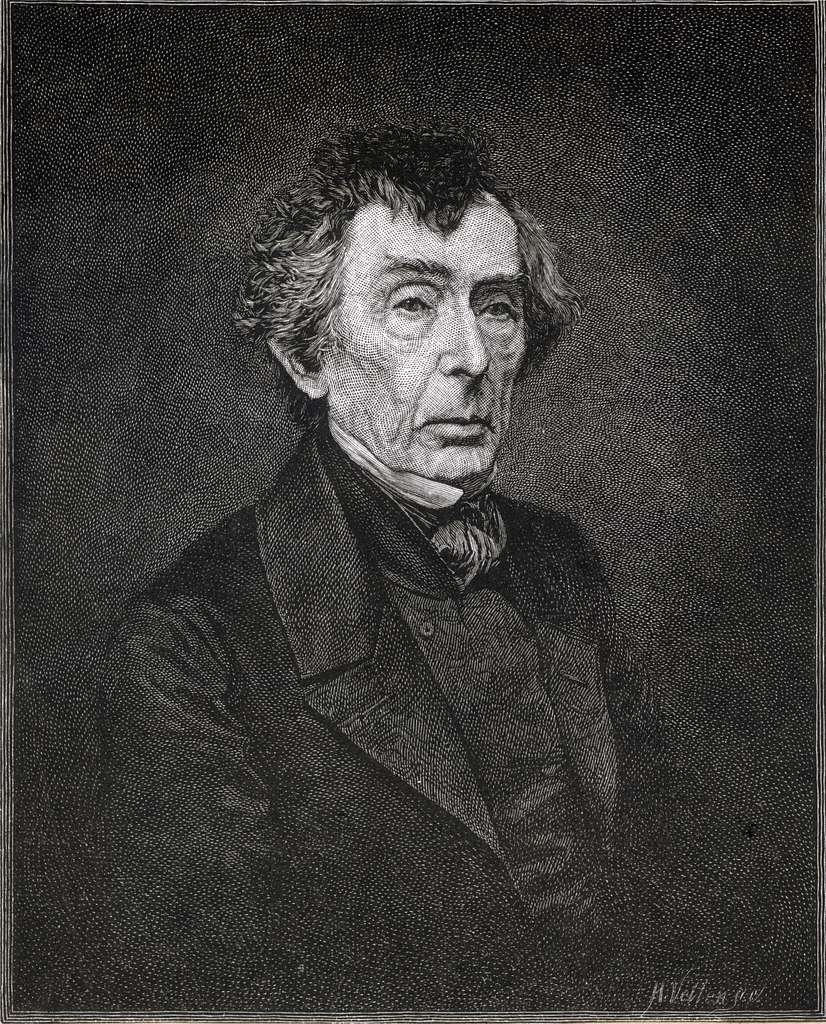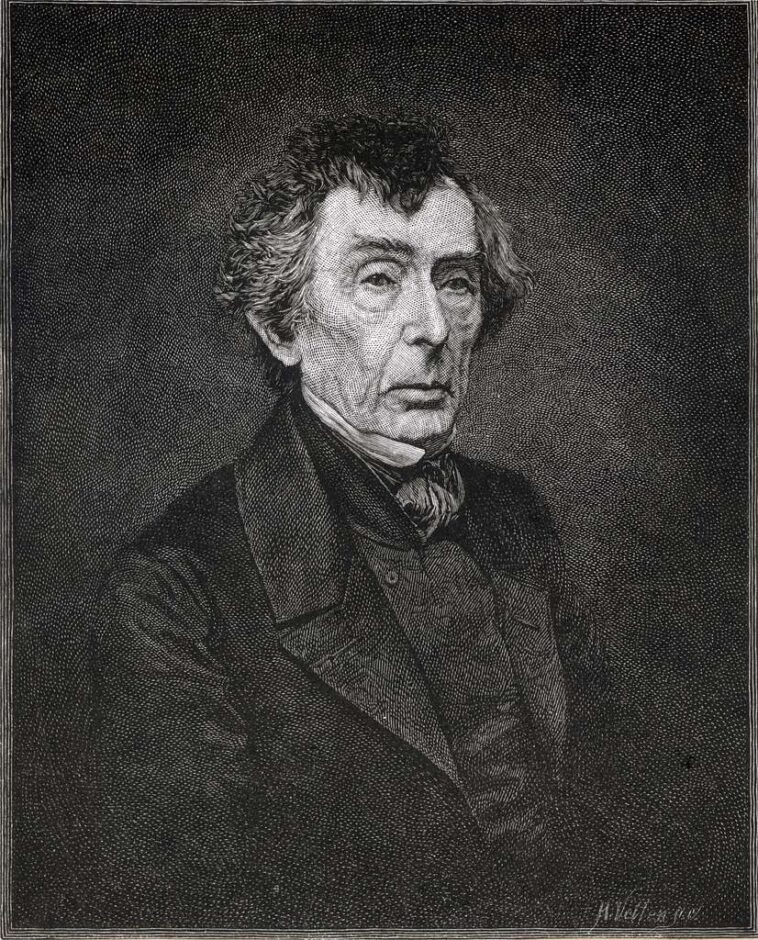
The Supreme Court of Missouri’s Administrative Responsibilities
Many people may not be aware of the Supreme Court of Missouri’s many administrative responsibilities. Although my colleagues and I keep busy all year-round deciding the cases that come before us, one of those responsibilities is making sure attorneys conduct themselves ethically in providing legal services to the public.
Establishing Rules of Ethics
Ninety years ago this month, the Court created its first rules of ethics for attorneys. In June 1934, after considering a statewide commission’s recommendations about ways to improve Missouri’s legal profession, the Court adopted rules laying out the ethical standards attorneys would be expected to follow. Their purpose then, as it is now, was to protect the public and ensure attorneys act with high standards of professionalism and ethics. Nine decades later, those rules are still in place, though they have been revised over the years to better serve the public.
Enforcing Ethical Standards
But who enforces these rules? The Court in 1934 also created a system of committees to administer the rules. These committees – made up solely of attorneys – investigated complaints against attorneys, prosecuted the cases and determined the discipline. There was no consistency geographically of how complaints were handled or what discipline resulted. Not to mention it left the public questioning whether the proverbial fox had been left in charge of the henhouse!
In response to growing public concern about lawyers regulating attorney discipline, a national commission recommended states establish a centralized disciplinary authority and process to be regulated by the judicial branch independently of state bar associations. In July 1991, acting on these recommendations, the Court created a new office of chief disciplinary counsel. Since then, The Missouri Bar (our statewide organization of licensed attorneys) has had nothing to do with the state’s attorney discipline system!
As our system now works, the chief disciplinary counsel’s office oversees investigations of complaints against attorneys. If there is cause to believe an attorney has violated ethical rules, the chief disciplinary counsel will file an “information” seeking to discipline the attorney. A “disciplinary hearing panel” – made up of nonlawyers and lawyers – considers evidence and testimony and issues written findings of fact, conclusions of law and recommendations about discipline.
The Disciplinary Process
For an attorney to be placed on probation, reprimanded, suspended, or disbarred, the case then must be filed in this Court. Attorneys who are suspended or disbarred and later want to return to the practice of law must seek reinstatement from the Court. There are no guarantees, however; the Court first determines whether the attorney has corrected the problems leading to the discipline and has paid any restitution that is owed.
Over the last 30 years, the Court has continued to improve Missouri’s attorney disciplinary system. Some of the most significant changes helped speed up the disciplinary process and increased transparency for both disciplinary proceedings and orders. While complaints and investigations remain confidential, disciplinary hearings are public, as are the disciplinary cases filed in this Court. To find public information about cases pending before Missouri’s disciplinary hearing panels, please visit this site. You can find disciplinary orders issued by this Court here.
Preventing Attorney Misconduct
Discipline alone, however, is not a sufficient safeguard. The Court has made other changes over the years designed to reduce attorney misconduct. What better way to protect the public than to do more to help attorneys not violate ethical rules in the first place? For example, the disciplinary system now has mental health and substance abuse treatment programs available so attorneys can get the help they need without harming their clients or themselves. To help prevent mistakes or other small problems from getting worse – especially for accounting or management issues – attorneys can be placed in a diversion program or on supervised probation so they can receive specialized training or have a mentor assigned to help guide them.
And, for more than two decades, a legal ethics counsel has been available to educate attorneys about the rules of professional conduct and help them navigate ethical issues they may encounter. As I have the opportunity to speak to attorneys around the state, I like to remind them what a great privilege it is to be a part of the legal profession. It is incumbent on all attorneys to hold themselves to high standards, to help those who need help, and to hold accountable those who have violated the public’s trust.
The Goal of Missouri’s Disciplinary System
Ultimately, the goal of Missouri’s disciplinary system over the past 90 years has been to protect you — the public – and preserve your confidence in our great and honorable legal profession. I am confident our disciplinary system will continue doing so long into the future.
If you believe an attorney has violated the rules of professional conduct, you can find information on how to file a complaint online here. To learn more about the chief disciplinary counsel’s office, please visit https://mochiefcounsel.org/. Finally, you can learn more about the disciplinary process here.
Originally Post From https://molawyersmedia.com/2024/07/10/commentary-reflections-of-missouri-chief-justice/
Read more about this topic at
Indiana Rules of Professional Conduct
Model Rules of Professional Conduct: Preamble & Scope

